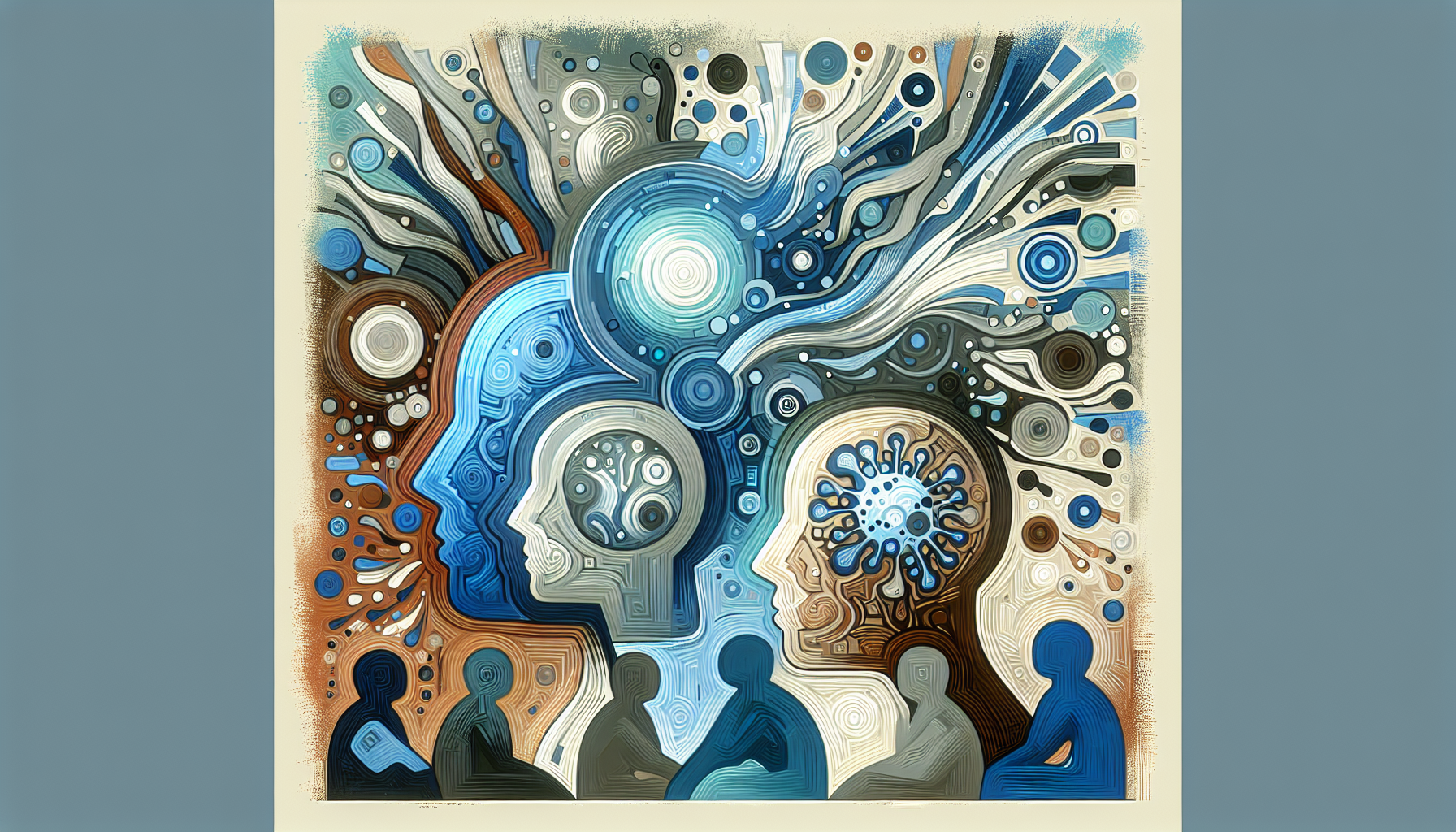Dystonia is a neurological movement disorder that affects about 1% of the population, characterized by involuntary muscle contractions that cause repetitive or twisting movements and abnormal postures. These sustained muscle contractions can be painful and may worsen with voluntary movement or stress. If you or a loved one has been diagnosed with dystonia, it's essential to understand the causes, symptoms, and available treatment options to manage this condition effectively.
What Causes Dystonia?
Dystonia is believed to be related to a problem in the basal ganglia, the part of the brain responsible for controlling muscle contractions. The exact cause of dystonia is not always clear, but it can be classified into three categories:
Genetic dystonia: Caused by an inherited abnormal gene, such as DYT1, DYT3, DYT5, DYT6, DYT11, DYT12, or DYT28.
Acquired dystonia: Resulting from damage to the basal ganglia due to brain trauma, stroke, tumor, oxygen deprivation, infection, poisoning, or drug interactions.
Idiopathic dystonia: When the cause is unknown.
Recognizing the Symptoms of Dystonia
The primary symptom of dystonia is involuntary muscle contractions that cause repetitive, twisting movements and abnormal postures. These symptoms may progress through stages and can affect different parts of the body, such as:
Stress and fatigue may worsen dystonia symptoms, and the constant muscle contractions can lead to pain and exhaustion.
Diagnosing Dystonia
There is no single test to diagnose dystonia. Your doctor will assess your symptoms, personal and family history, and perform a physical exam. Additional tests may include:
Blood, urine, and cerebrospinal fluid tests
Genetic tests to identify mutations linked to dystonia
Neurological tests, such as EEG or EMG
Treatment Options for Dystonia
Although there is no cure for dystonia, several treatment options can help manage symptoms and improve quality of life:
Medications
Various medications can help reduce the abnormal nerve signals causing the muscles to contract excessively. These may include:
Levodopa and tetrabenazine (dopamine system)
Anticholinergic agents (block acetylcholine)
GABAergic agents (regulate GABA neurotransmitter)
Botulinum toxin injections (prevent muscle contractions in specific areas)
Surgery
If medications are ineffective or cause severe side effects, surgery may be an option. Procedures include deep brain stimulation (DBS) or surgeries to interrupt the brain signals causing dystonia.
Therapy
Speech therapy, physical therapy, occupational therapy, and stress management can help improve muscle strength, coordination, and daily functioning.
Alternative and Complementary Therapies
While not a cure, alternative therapies such as yoga, Pilates, massage, meditation, deep breathing, and biofeedback may help reduce stress and manage symptoms.
Living with Dystonia
In addition to medical treatment, there are several things you can do at home to manage dystonia symptoms, such as applying heat or ice to painful muscles, practicing stress management techniques, and using sensory tricks to temporarily stop muscle spasms.
It's important to note that while dystonia can lead to complications like vision problems, difficulty swallowing or speaking, pain, fatigue, and emotional distress, it does not typically affect life expectancy. With proper treatment and management, people with dystonia can lead fulfilling lives.
If you suspect you or a loved one may have dystonia, consult your healthcare provider for an accurate diagnosis and personalized treatment plan.



